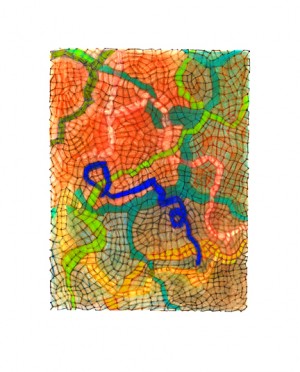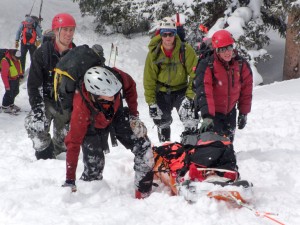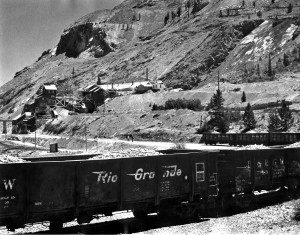by Aaron Mandelkorn
The time has come for a change in the way we think about energy.
This is a statement many of us have heard. For me, this is a statement that is thrown around quite carelessly, especially from the people and industries that do the most environmental damage. With the recent BP oilrig disaster in the Gulf of Mexico and mine collapse in West Virginia, more people are uttering those words. In both instances these disasters occurred and will continue to occur because we as a society have not yet assumed the true cost of energy.
Despite major accidents that claim numerous lives, destroy communities and cause irreversible environmental damage, we stand by and simply accept these incidents as part of the costs of doing business. After all the heartfelt apologies to the families and communities affected by these disasters, fossil fuel company executives make it seem like these incidents, although devastating, are simply a small price to pay for cheap energy. After all, we must sustain the engine that is our country. These large companies would like us all to believe that fossil fuels are and will continue to be the only economical answer to our energy demands and that we all just have to live with their dangers. I question whether there really is such a thing as cheap coal and oil. I suppose there is if you ignore the many negative externalities and hidden costs associated with drilling and mining in subterranean landscapes.
When contemplating the costs associated with fossil fuels, it is easy to simply look at the market and the gas pump. What is hidden from view are the many environmental, social and economic costs associated with use and extraction. When a mine collapses and kills people the costs of lawsuits, clean up, safety violations, and countless settlements are not included in your gas bill. Not to mention the costs the families must cope with, both financial and emotional. There are so many factors that come into play when thinking about the true costs of fossil fuels. In the case of this most recent disastrous drilling operation in the Gulf, we see many of these negative externalities bubbling to the surface, much like the spewing oil.
How do we as a society put a cost on the destruction of fisheries and the communities who depend on them for survival? Isn’t it wise for us as a country to protect the viable and profitable industries we have left? Are the families that rely on these fisheries supposed to just pack up and leave? Will they be able to find other employment in a country that is currently experiencing the highest level of unemployment in decades? How can we put a cost on the loss of community and the abandonment of people’s homes and identity?
Environmental costs are even more difficult to grasp. Is it even possible to put a price on the loss of a species or coastline? One of the most serious environmental costs associated with the use of fossil fuels is to human health. In Long Beach and Los Angeles people live under a cloud of constant smog derived from air pollution. This pollution is a direct result of the burning of fossil fuels for domestic transportation, as well as for fueling cargo ships. Children born in these areas are increasingly showing the effects of a polluted environment on their skin and in their lungs. Asthma and other health issues run rampant in these congested polluted cities. And yet the costs of health related illness, death and disability never factor into the price of that barrel of oil. That’s why those are termed “externalities” because they are sidelined next to more important terms like profit.
As I try to help people utilize renewable energy for themselves the most common question is about the up front costs. Anyone who has investigated renewable energy as an alternative to fossil fuels will see that the cost to generate electricity from solar or wind power is more expensive than it would be from coal and oil. As we all witness the consequences of our demand for fossil fuels and the resulting negligence in safe regulation, I ask you to individually question not only what but at whose cost comes life, liberty and the pursuit of happiness.
Originally from South Florida, Aaron Mandelkorn now lives and works in Salida. He runs Renewable Energy Outfitters and specializes in remote power systems, with extensive knowledge in solar, wind and micro-hydro system technologies. He can be reached at reosolar@gmail.com. This is the last of six installments on alternative energy.



